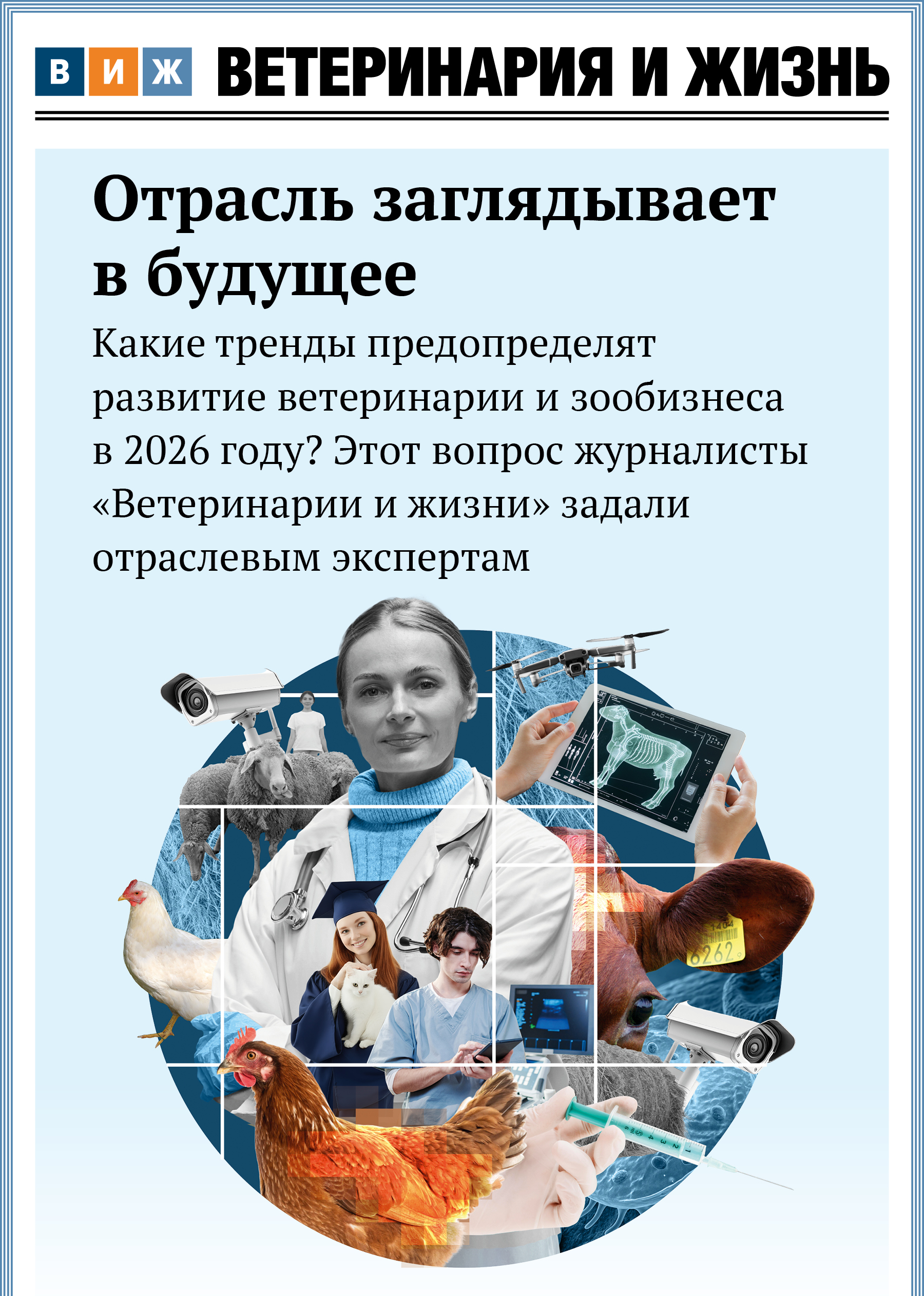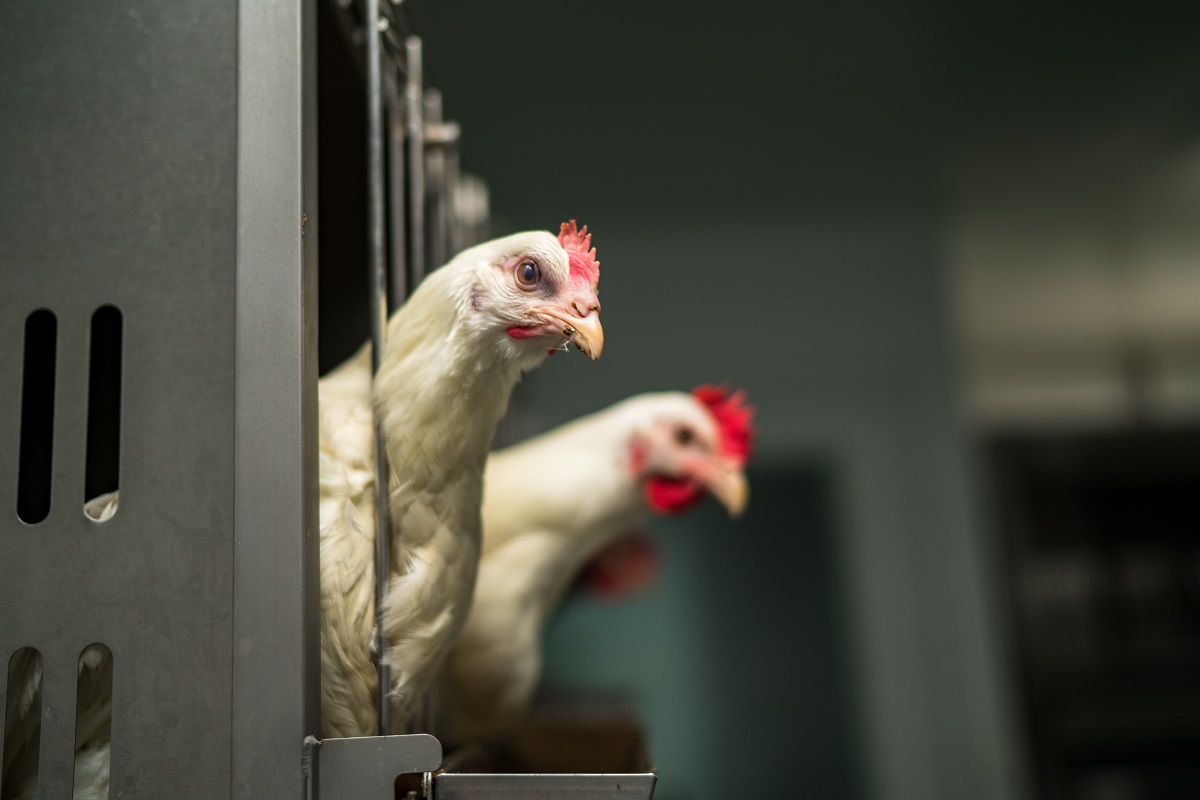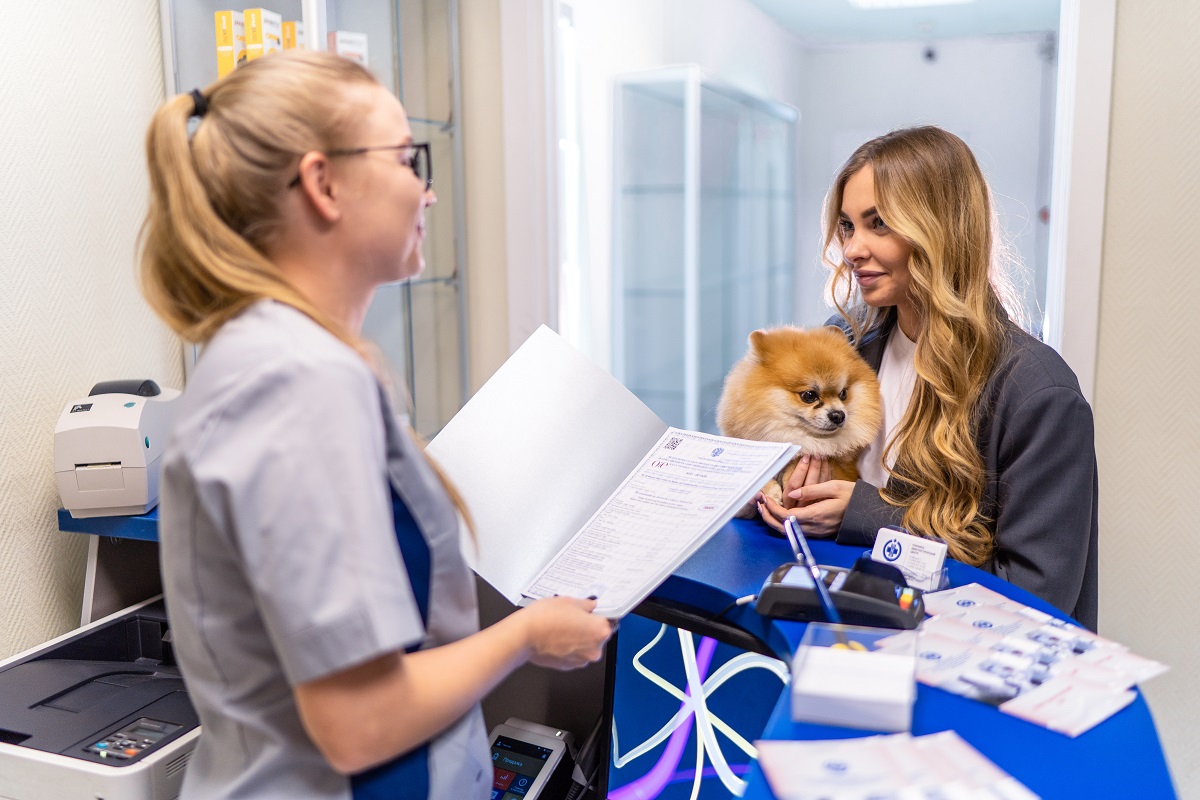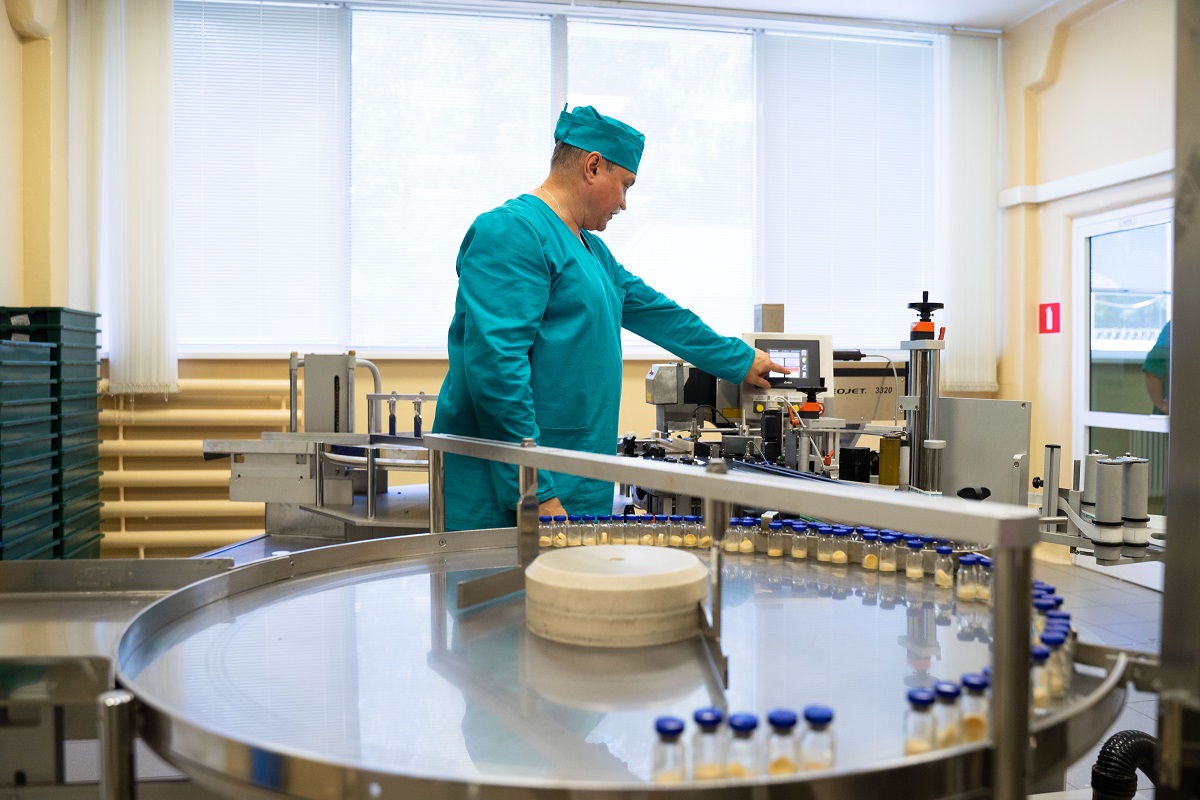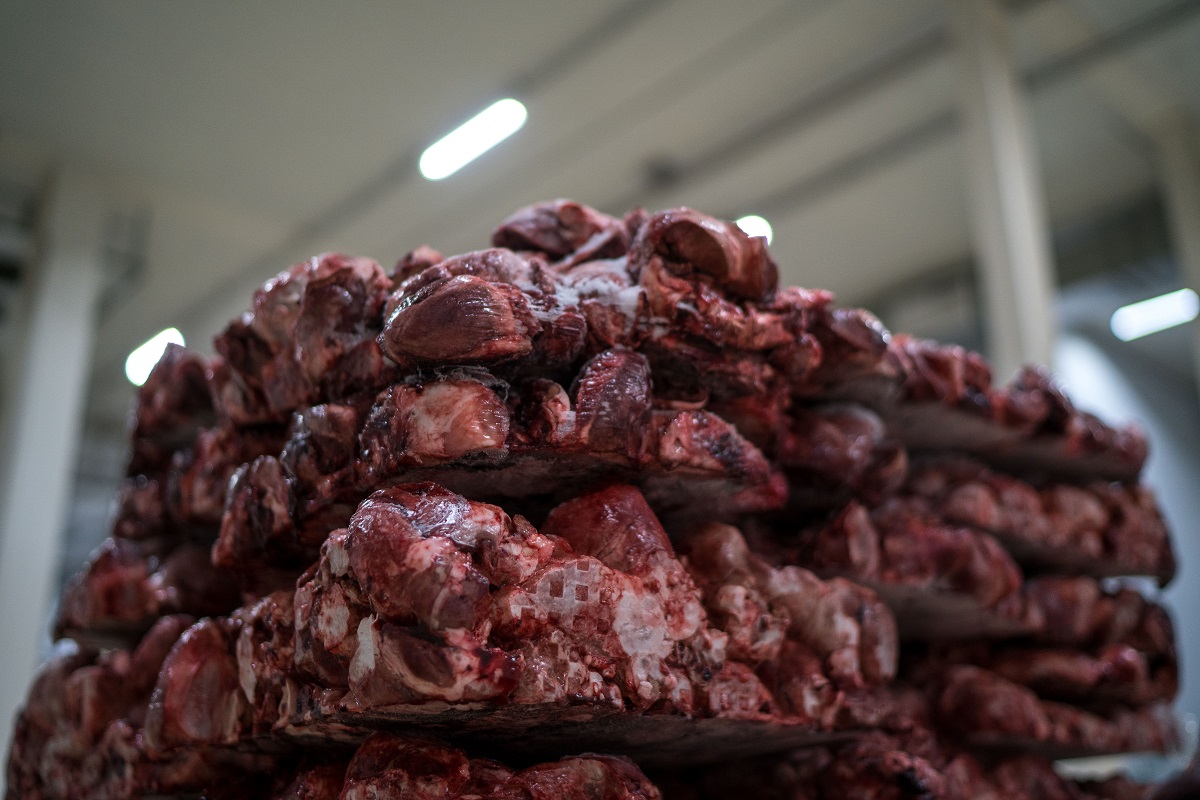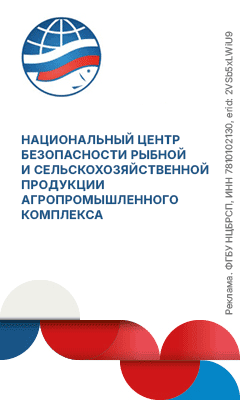A team from the Department of Biology and General Pathology will lead the project. “Signs of stress, illness, and adaptation disorders manifest in subtle behavioral changes and anxiety. Subsequent declines in welfare will inevitably affect laying capacity, feed consumption, and other performance indicators. Unfortunately, humans are unable to perceive such changes, while a trained neural network can,” stated Anna Fomina, the project manager and associate professor for the department.
According to her, the introduction of the developed information system will enable early prediction of a decline in poultry productivity and its prevention through non-contact assessment of the poultry’s movement activity.
The program was developed based on video recordings of poultry behavior on farms, allowing for neural network training under real-world, non-simulated conditions, as stated in the report.
The Bioengineering Department’s team also received the first prize. As a result, their researchers have been granted funding for the development of a program aimed at analyzing cell growth in cultured meat products. This program will be based on the digital photographs captured through a microscope.


